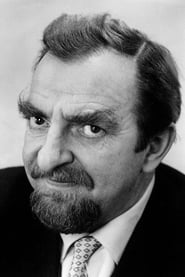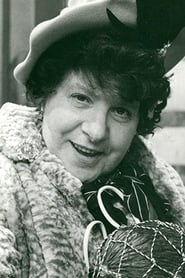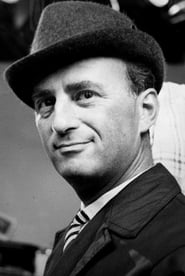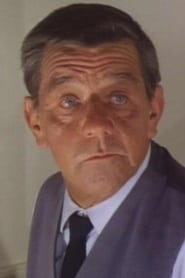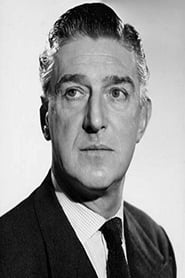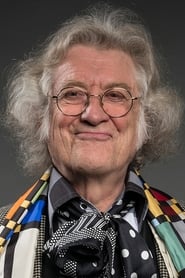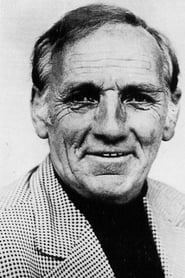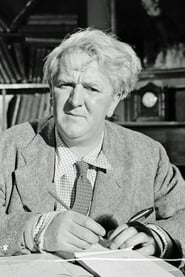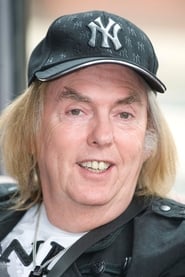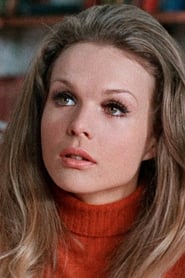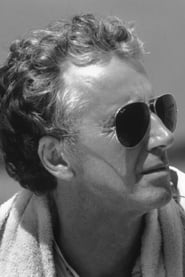The best Spike Milligan’s drama movies
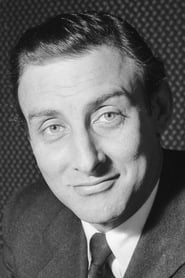
If you love cinema, you will share this ranking of the best Spike Milligan’s movies, although you may have ordered them differently. In any case, we hope you love it and with a little luck discovering a movie that you still don’t know about Spike Milligan.
The Hound of the Baskervilles
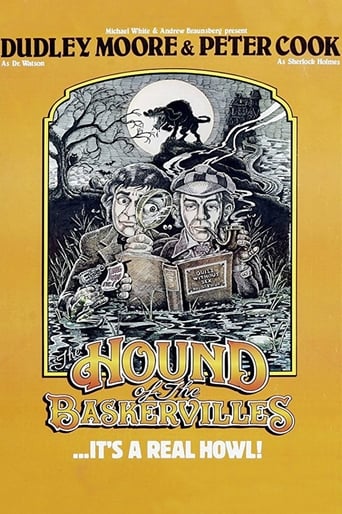
4.5/10
Director Paul Morrissey applies a hefty dose of humor to Sir Arthur Conan Doyle's classic detective story in this interpretation of The Hound of the Baskervilles. Comedian Peter Cook takes on the role of brilliant detective Sherlock Holmes, who's not so gifted here as he relegates much of the investigation of demonic dogs to his bumbling sidekick, Watson (Dudley Moore), while he spends time with his mother and searches for an assistant.
Suspect
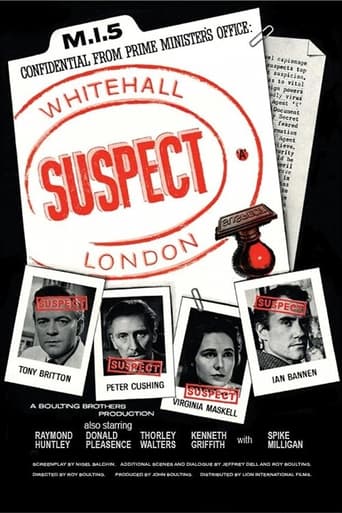
6.1/10
A government team researching cures for plague find their results put on the Official Secrets list. One of their number is so incensed by this that he lets the maimed and jealous companion of a female colleague draw him into what, technically, could be a treasonable act.
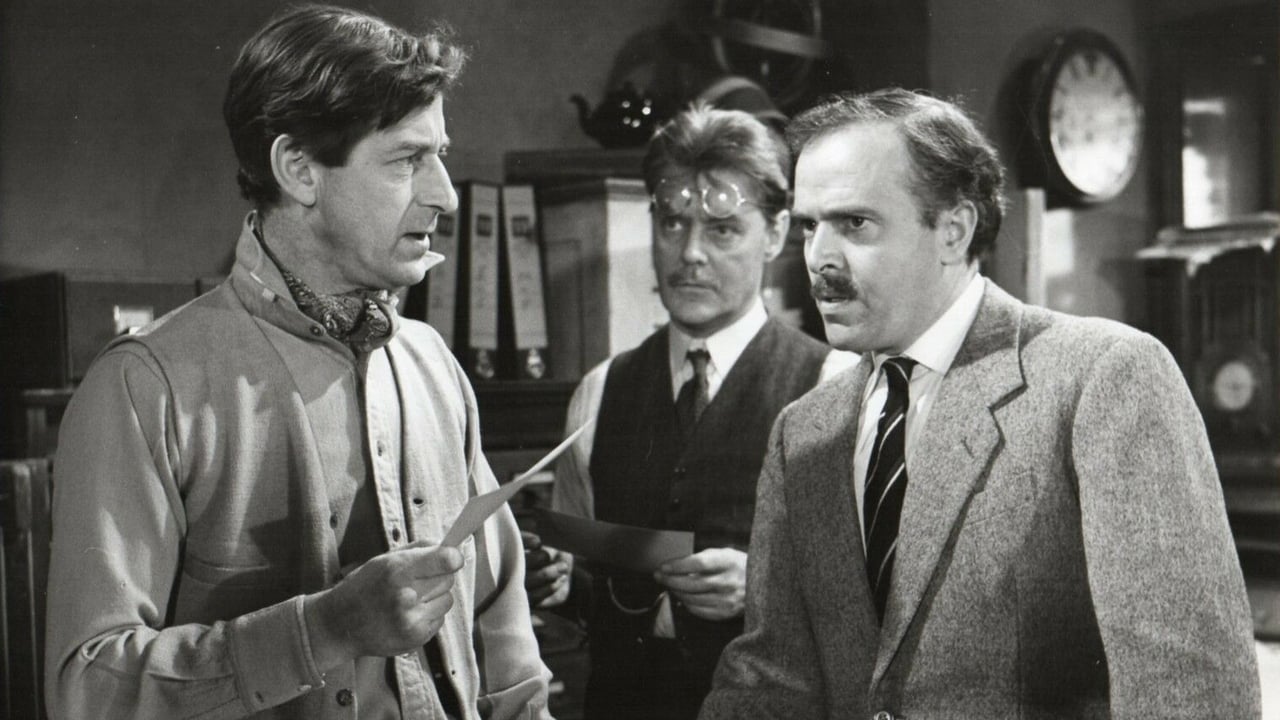
A Kid for Two Farthings
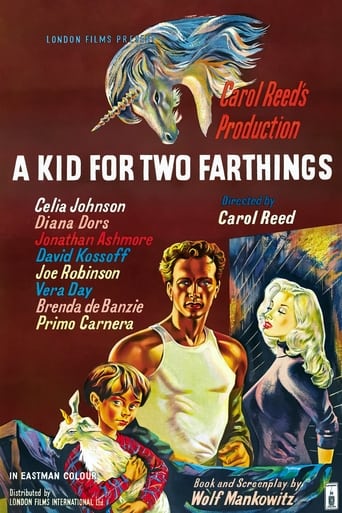
6.4/10
Joe is a young boy who lives with his mother, Joanna, in working-class London. The two reside above the tailor shop of Mr. Kandinsky, who likes to tell Joe stories. When Kandinsky informs Joe that a unicorn can grant wishes, the hopeful lad ends up buying a baby goat with one tiny horn, believing it to be a real unicorn. Undaunted by his rough surroundings, Joe sets about to prove that wishes can come true.
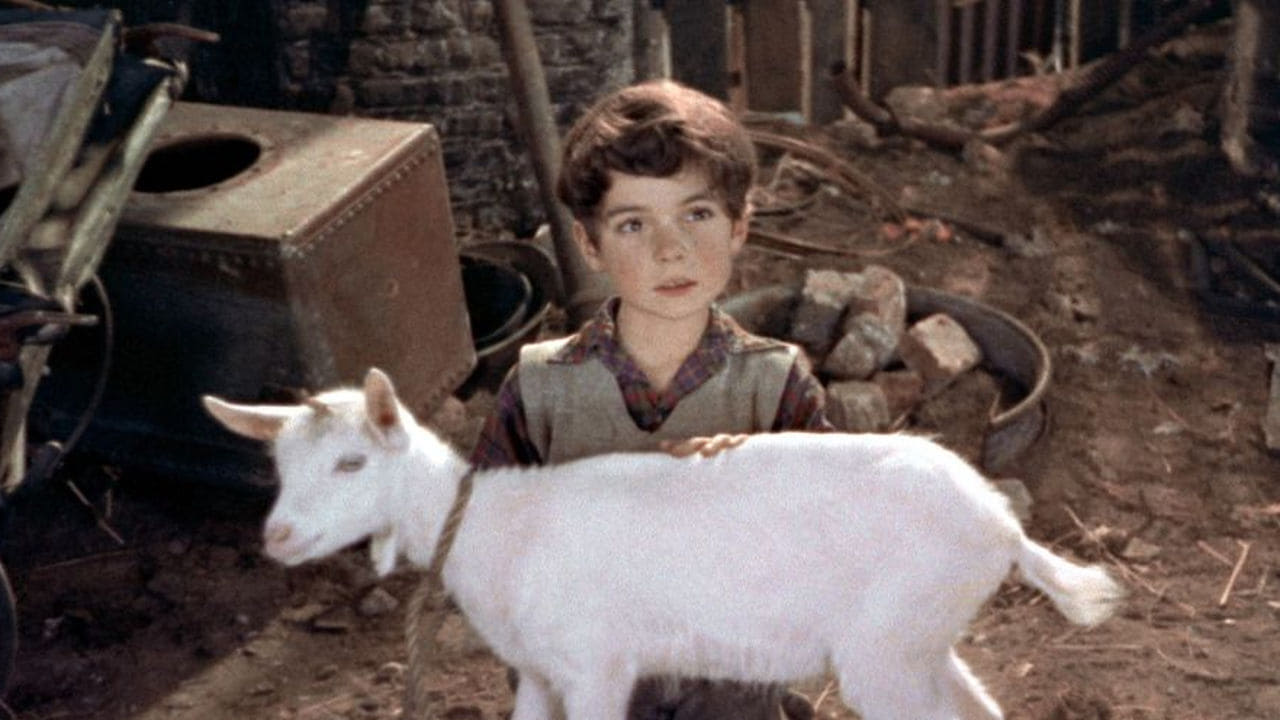
Right To Work March
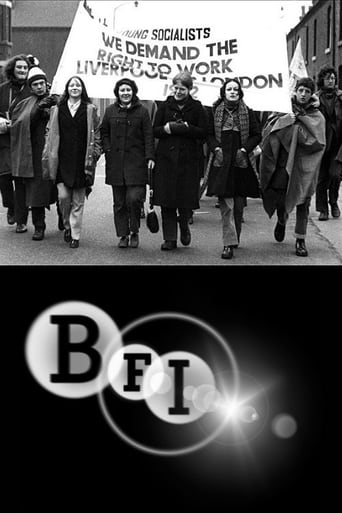
Young Socialists from Glasgow, Liverpool and Swansea march to London and discuss their economic struggles en route. Supporting them are Ken Loach, Corin Redgrave, Arnold Wesker and other leading cultural figures of the left of British politics. The march is intercut with scenes dramatising parallel injustices in the English Civil War era and earlier - featuring Frances de la Tour in queenly mode as Elizabeth I. The film's unconventional structure also features frequent extracts of the rousing pop concert, with the band Slade, which culminated the epic march.


